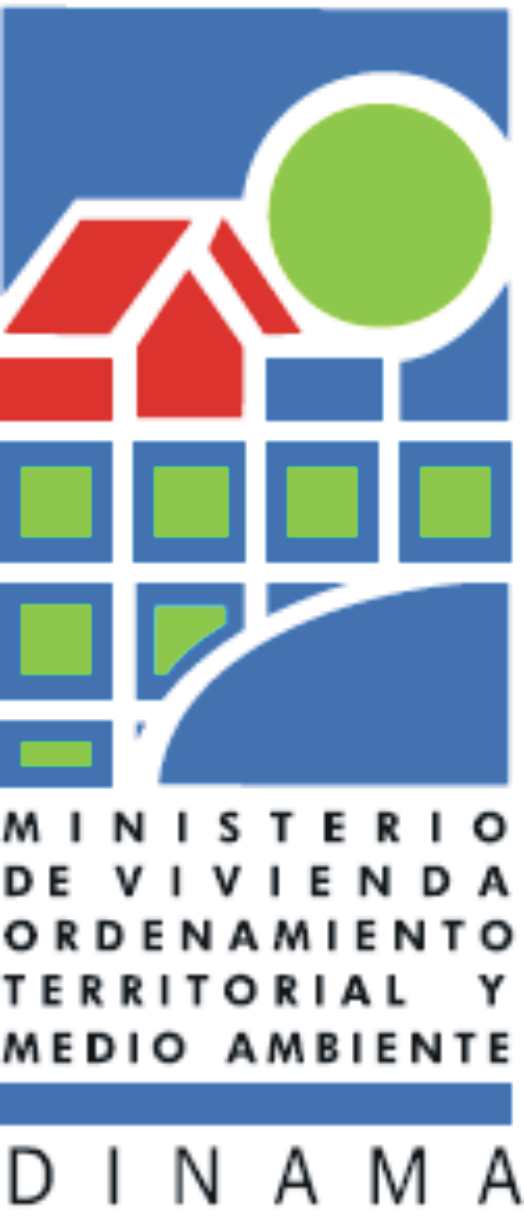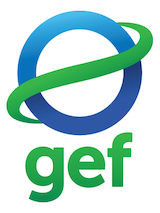Uruguay- Second National Communication
Project Overview
The creation of a National Communication offers countries the opportunity to contribute with technically sound studies and information that can be used for designing mitigation and adaptation measures, and project proposals that can and will help increase their resilience to the impacts of climate change. Activities generally include: V&A assessments, Greenhouse Gas Inventory preparation, Mitigation Analysis or Education, and awareness raising activities.The ultimate goal is the integration of climate change considerations into relevant social, economic and environmental policies and actions
Key vulnarabilities identified in Uruguay's Second National Communication (2004):
- Agriculture
- Coastal Zones and Marine Ecosystems
Project Details
The first research activities and evaluations on vulnerability to climate change and identification of adaptation measures, covering Agriculture and Coastal Resources sectors were conducted within the framework of the Country Study made by the National Commission on Global Change through 1994-1998, with the funding of the United States Country Studies Program (USCSP).
Uruguay is currently participating in the implementation of three regional projects, with the support of the Assessments of Impacts and Adaptations to Climate Change (AIACC) initiative:
a) Impact of global change on the coastal areas of the Río de la Plata: sea level rise and meteorological effects; b) Building capacity to assess the impact of climate change and climatic variability and to develop adaptive responses for the mixed crop and livestock production systems in the Argentinean, Brazilian and Uruguayan Pampas; c) Assessing global change impacts, vulnerability and adaptation strategies for estuarine waters of the Río de la Plata.
Key Results and Outputs
- Sustainable development and the integration of climate change concerns into medium- and long-term planning
- Inventories of anthropogenic emissions by sources and removals by sinks of greenhouse gases
- Measures contributing to addressing climate change
- Research and systematic observation
- Climate change impacts, adaptation measures and response strategies
- Education, training and public awareness
Reports and Publications
Assessments and Background Documents
Uruguay- Second National Communication 2004 English (Executive Summary)
Monitoring and Evaluation
In 1992, countries joined an international treaty, the United Nations Framework Convention on Climate Change, to cooperatively consider what they could do to limit average global temperature increases and the resulting climate change, and to cope with whatever impacts were, by then, inevitable.
Parties to the Convention must submit national reports on implementation of the Convention to the Conference of the Parties (COP). The required contents of national communications and the timetable for their submission are different for Annex I and non-Annex I Parties. This is in accordance with the principle of "common but differentiated responsibilities" enshrined in the Convention.
The core elements of the national communications for both Annex I and non-Annex I Parties are information on emissions and removals of greenhouse gases (GHGs) and details of the activities a Party has undertaken to implement the Convention. National communications usually contain information on national circumstances, vulnerability assessment, financial resources and transfer of technology, and education, training and public awareness.
Since 1994, governments have invested significant time and resources in the preparation, collection and validation of data on GHG emissions, and the COP has made determined efforts to improve the quality and consistency of the data, which are ensured by established guidelines for reporting. Non-Annex I Parties receive financial and technical assistance in preparing their national communications, facilitated by the UNFCCC secretariat



